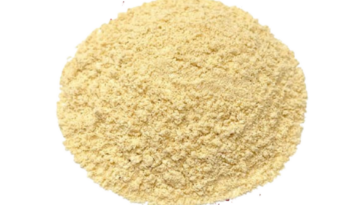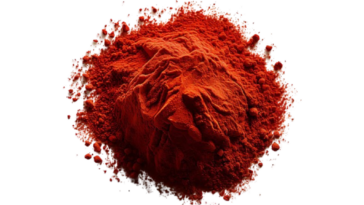Malic acid, a naturally occurring compound, plays a crucial role in the flavor and metabolism of various fruits and vegetables. Malic acid is abundant in nature, primarily found in fruits such as apples, pears, grapes, and certain citrus fruits. Its presence contributes to the tartness or sourness of these fruits.
In fruits, malic acid contributes to their characteristic tart taste. It’s responsible for the refreshing acidity found in apples and the zingy flavor in grapes. When present in appropriate amounts, malic acid can enhance the overall flavor profile of fruits, balancing sweetness with acidity.
Beyond flavor, malic acid also plays a vital role in the metabolism of plants. It participates in the Krebs cycle, also known as the citric acid cycle, which is a series of chemical reactions occurring within cells to generate energy. In this cycle, malic acid acts as an intermediate compound, facilitating the conversion of nutrients into energy that the plant can utilize for growth and other physiological processes.
Malic acid is commonly used in the food industry as a food additive, primarily for its tart flavor and its ability to adjust pH levels. It is often added to foods and beverages to enhance their acidity, improve flavor, and act as a natural preservative. Additionally, it can also function as a buffer, helping to stabilize the pH of processed foods and beverages.
In summary, malic acid is not only responsible for the tangy taste of fruits but also plays a crucial role in their metabolism and preservation. Its diverse applications extend to the food industry and potentially to health and wellness, making it a versatile and valuable compound in both natural and processed foods.
Vitamins & Minerals:
Malic acid itself is not a vitamin or mineral; it’s a naturally occurring organic compound found in fruits, particularly apples, and is often used as a food additive for its tart flavor. It doesn’t contain any vitamins or minerals inherently. However, consuming foods rich in malic acid, such as apples, may provide various vitamins and minerals depending on the overall nutritional content of those foods.
Probiotic, Prebiotic, or Postbiotic:
Malic acid is neither a probiotic, prebiotic, nor postbiotic. It is a type of organic acid commonly found in fruits such as apples. While it doesn’t fit into the categories of probiotics (live beneficial bacteria), prebiotics (indigestible fibers that nourish gut bacteria), or postbiotics (metabolic byproducts of probiotics), malic acid may have some effects on the gastrointestinal tract due to its acidity. However, it’s not typically considered as directly impacting the gut microbiota in the same way as probiotics, prebiotics, or postbiotics.
Dietary & Health Information:
Some research suggests that malic acid may have potential health benefits. It is often used as a supplement for various purposes, including improving exercise performance, alleviating symptoms of fibromyalgia, and promoting oral health. However, more studies are needed to fully understand its effects and potential therapeutic uses.
- May support energy production: Malic acid is involved in the Krebs cycle, which helps your body produce cellular energy. However, more research is needed to confirm a direct benefit from malic acid supplementation.
- May enhance exercise performance and reduce muscle fatigue: Some studies suggest malic acid supplements could improve endurance and reduce fatigue during exercise.expand_more However, the evidence is not conclusive.
- May help maintain oral health: Malic acid can stimulate saliva production, which can help wash away bacteria and debris in the mouth.expand_more This may contribute to oral health, but more research is needed.




 No products in the cart.
No products in the cart.